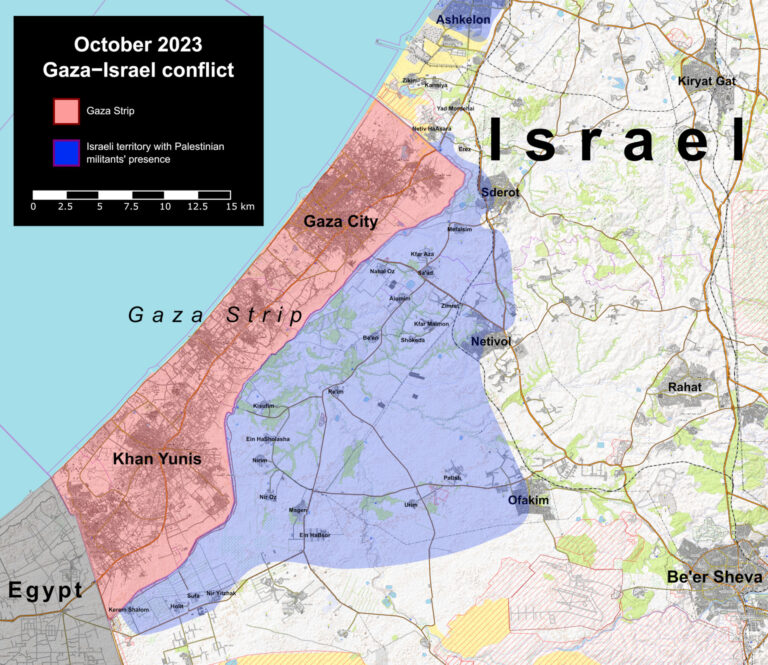InfoMail for April 9, 2002
AHRP |
InfoMail |
|
| MediaCoverage
News Stories on Human ResearchProtection and April 9, 2002 Debate on Value of ScreeningTests for Cancer FYI Today’s Science section in The New York Timesprovides the kind of critical reporting that has not been in evidence in theScience section for a very long time (no Pulitzer Prizes). Today’s Sciencesection is devoted entirely to the debate concerning the value of screeningtests for cancer and concerns about the integrity of the evidence upon whichthose tests have been widely recommended. The debate began in October with the unwelcome challengeposed by Dr. Peter Gotzsche, a Danish statistician and director of the NordicCochrane Center, who charged that the clinical trials that had led to massmammography screening for breast cancer–and spurned a billion dollar industry–were faulty. Dr. Gotzsche has also challenged the placebo effect and the FDA’sapproval of fluconazole, Pfizer’s expensive anti-fungal drug, charging theevidence "was based on cooked books." Dr. Gotzsche has charged that amultinational drug company "was deliberately overdosing AIDS patients withAZT because it was profitable to do so." The reports are fair to both sides of the debate–proscreening /early intervention, and skeptics who charge that screening hasresulted in overdiagnosis and unnecessary interventions. The big unsettling newsfor the public is that even doctors in the pro screening camp can point to only"miniscule" numbers of lives saved. The issue involves not just mammograms for breast cancer,but screening tests for an array of cancers including prostate cancer, colon,and other screening tests that the public has been directed to undergo. GinaKolata writes that a promising screening test for childhood neuropblastomatumors turned out to be a shock to investigators when it turned out that therewas no reduction in the number of children who developed advanced form of thecancer, and unchanged death rate. This is an excellent, "must read" series ofreports by Gina Kolata, Andrew Pollack, Donald McNeil Jr. and Milt Freudenheim.Sheryl Stolberg. ~~~~~~~~~~~~~~~~~~~~~~~~~~~~~~~~~~~~~~~~~~~~~~~~~~~~~~~~~~ THE NEW YORK TIMES April 9, 2002 Science http://www.nytimes.com/2002/04/09/science/09CANC.html?pagewanted=print&position=top Test Proves Fruitless, Fueling NewDebate on Cancer Screening
http://www.nytimes.com/2002/04/09/science/09GENE.html?pagewanted=print&position=top Telling the Threatening Tumors From theHarmless Ones http://www.nytimes.com/2002/04/09/science/09HIP.html?pagewanted=print&position=top Different Conclusion From the Same Study http://www.nytimes.com/2002/04/09/science/09DANE.html SCIENTIST AT WORK / PETER GOTZSCHE A CareerThat’s Checkered With Against-the-Grain Conclusions http://www.nytimes.com/2002/04/09/science/09BUSI.html The Business of Mammography: Mammogram CentersFacing Rising Costs and Low Reimbursements http://www.nytimes.com/2002/04/09/science/09LOBB.html BROKEN ALLIANCES: Advocates Strive to DefeatCancer but Disagree on Methods |

